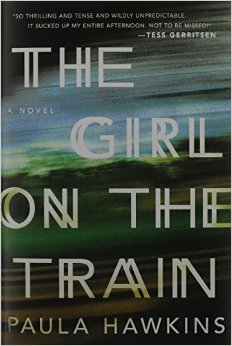Within the novel The
Thief and the Dogs , characters tend to extend beyond themselves into a
much greater form of symbolism. Just as certain characters in the novel could
be considered representations of particular social classes, the character of
Sheikh Ali al-Junaydi also plays a certain role in the story.
The Sheikh acts as the soothing presence for the main
character Said Mahran. After Said is rejected by his daughter Sana he seeks the
company of the Sheikh who used to serve as the spiritual advisor for his
father. The first words spoken by the Sheikh towards Said are “peace and God’s
compassion be upon you,” which truly highlights the role of the Sheikh in the
novel. The Sheikh is a reoccurring reminder and representation of an alternate
path that Said could choose to take. Said is blinded by his self-destructive
quest for revenge however, his encounters with the Sheikh convey to the reader
another route that could have been possible for him. This alternate route
offered by the Sheikh presents a form of redemption born from religion and
worship. Regardless, Said is unable to accept the possibility of a different
and brighter future and this ultimately results in his tragic downfall.
The Sheikh contributes to the characterization of Said
Mahran by exposing a few of his weaknesses and flaws that will eventually bring
about his end. Sheikh al-Junaydi is very wise and highly perceptive of Said’s
situation. He observes that “[Said’s] burning heart yearns for shade, yet
continues forward under the fire of the sun.” This simple observation
highlights the destructive and irrational nature of Said’s quest for revenge
while exposing his inability to move on as one of his key flaws.
In the novel, the main settings can be divided into open and closed places. They can also be categorized as places that have changed and places that remained the same during Said's time in prison. The Sheikh's house is categorized as both open and a place that has remain unchanged. As with other spaces designated as open, this is an environment where Said does not feel the threat and pressure of society. The Sheikh serves as a safe haven and refuge for Said as he escapes from the world he feels is out to get him. Furthermore, the Sheikh's house offers Said a simple connection to his past since it has not changed over time. It is here that the readers learn a lot of the backstory surrounding Said and what set him on the path he is currently on within the story.
In the novel, the main settings can be divided into open and closed places. They can also be categorized as places that have changed and places that remained the same during Said's time in prison. The Sheikh's house is categorized as both open and a place that has remain unchanged. As with other spaces designated as open, this is an environment where Said does not feel the threat and pressure of society. The Sheikh serves as a safe haven and refuge for Said as he escapes from the world he feels is out to get him. Furthermore, the Sheikh's house offers Said a simple connection to his past since it has not changed over time. It is here that the readers learn a lot of the backstory surrounding Said and what set him on the path he is currently on within the story.








